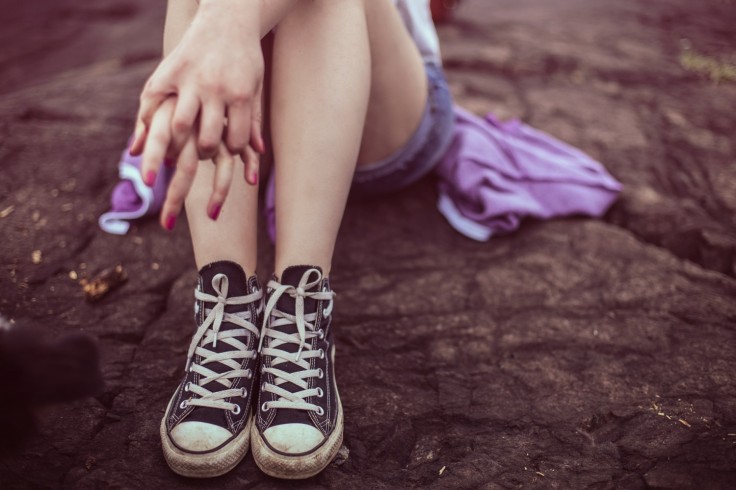
Children already have their own opinion as young as three years old. Many factors influence how children see themselves, and parents play a critical role in helping their children develop a positive body image and self-esteem, as revealed by the Family Doctor.
Children, specifically teenagers, often face pressure to meet strict, unrealistic, and harmful societal ideals regarding beauty, bodybuilding, weight, and shape. Society standard has significantly affected teenagers' confidence and physical and mental health.
The term "body image" is how people think, feel, and perceive their bodies. During adolescence, tweens find it hard to maintain their body due to significant physical and emotional changes and social pressures during that phase of life.
Also, teenagers find it difficult to escape the ideal body image considering that it's a ubiquitous concept in today's media. No matter how parents protect their children from it, it is inevitable for them as it can also happen at school and interacting with friends while observing what adult body image looks like.
How can parents promote positive body image in children?
When parents try on some clothes while looking in the mirror and exclaim their body seems fat, this can impact children, as such remarks reinforce the message that one's body needs to be perfect. When teenagers see the so-called ideal body types on social media, which are often edited, they would feel less confident with their bodies.
When discussing body image with children, parents must ensure they are using positive language and never compare and comment on another person's body appearance. For example, when someone who was once obese suddenly loses weight. Instead of commenting on how being fat suited them before, try to compliment their hard work and dedication to work on their body. Note the gains from exercising, including improvements in health and strength, and avoid the losses.
Also, do not practice giving funny nicknames at home, like "fat Joe" or something that would degrade someone else's self-esteem. Jokes should not be made out of a person's physical characteristics, weight, and body shape. Parents are kids' role models; thus, once they grow up hearing negative remarks on body image, they will surely bring it in the future and unknowingly apply it to their children.
Parents affect the child even when talking about their bodies. Thus, avoid making negative remarks about your body as they will remember those when they grew up, per Mayo Clinic.
Building up and boosting the teenager's confidence
In the United States, weight seems to be the most reported risk factor among females and males for negative body image. According to an ongoing study funded by the National Heart, Lung and Blood Institute, 40 percent admitted attempting to lose weight due to low self-esteem in a survey of females ages nine and ten.
Moreover, one in every three (37%) articles in leading teen girl magazines are about appearance and what girls should look like, while 50 percent of the advertisements used an appeal to beauty to sell their products. One study reports that American girls ages 13 have said they are unhappy with their bodies. This percentage would soar to 78 percent by the time girls reach 17, Washington reported.
Related Article : How Social-Emotional Learning Classes at School Helps Children to Reconnect With Their Parents